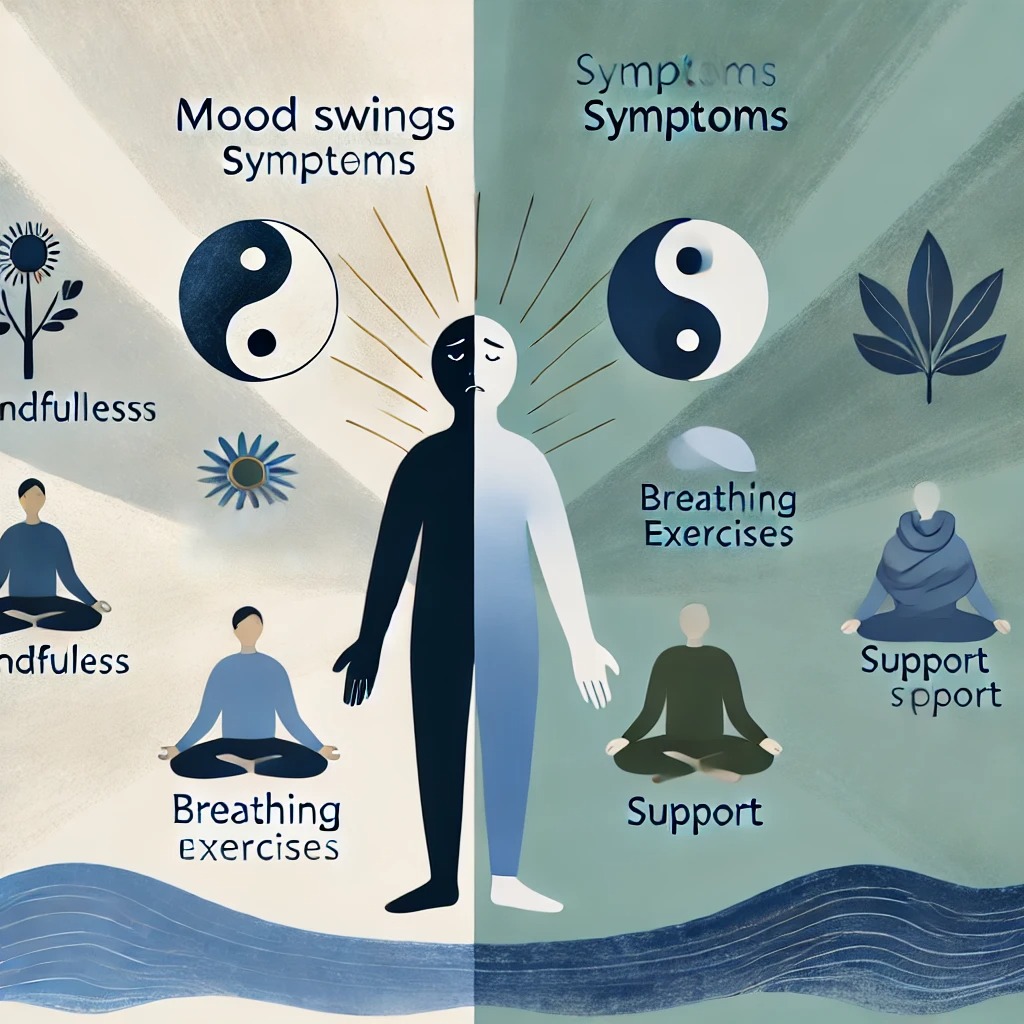
Managing Anxiety: Practical Tips to Calm Your Mind
Understanding Anxiety
Anxiety is a common mental health challenge affecting millions of people worldwide. It often manifests as an overwhelming sense of fear, worry, or unease, which can interfere with daily life. While it’s normal to feel anxious occasionally, persistent anxiety can significantly impact your well-being. This article will guide you through understanding anxiety, recognizing its symptoms, and adopting practical strategies to manage it effectively.
Common Symptoms of Anxiety
- Physical Symptoms: Rapid heartbeat, shortness of breath, dizziness, sweating, and muscle tension.
- Emotional Symptoms: Persistent worry, fear of losing control, irritability, and feelings of dread.
- Behavioral Symptoms: Avoidance of anxiety-provoking situations, restlessness, and difficulty concentrating.
Coping Strategies for Managing Anxiety
- Breathing Exercises: Simple breathing techniques, such as deep breathing and box breathing, can help calm your nervous system.
- Mindfulness and Meditation: Practicing mindfulness can help you stay grounded in the present moment.
- Limit Caffeine and Alcohol: Both can increase anxiety levels; try reducing your intake.
- Establish a Routine: A structured daily routine can create a sense of stability.
- Exercise Regularly: Physical activity releases endorphins, which can improve your mood and reduce anxiety.
Conclusion
Anxiety is challenging, but with the right tools and support, it’s possible to regain control of your life. Incorporate these tips into your daily routine and seek help if needed.





